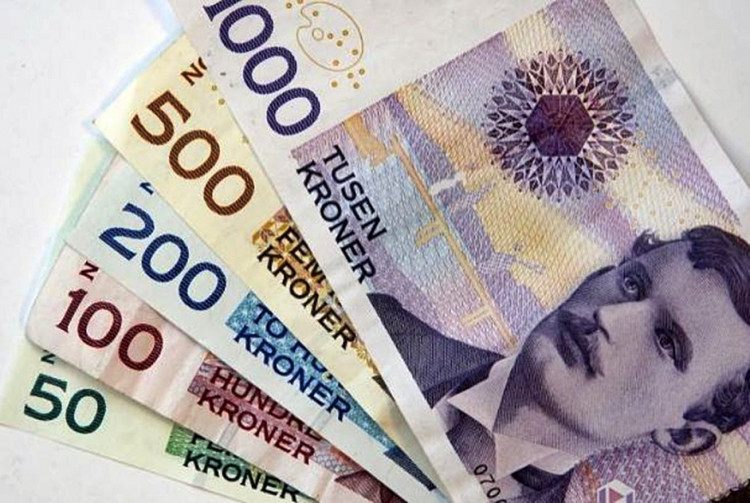Norway's Government Pension Fund Global, the world's largest sovereign wealth fund with over $1 trillion in assets, will no longer invest in oil and gas companies.
Norges Bank, the country's central bank, runs the Government Pension Fund Global. The fund was established in 1990 to invest surplus revenues of Norway's oil sector.
Norges Bank said the move to distance the fund from oil and gas companies from its benchmark index is designed to make the Norwegian government's wealth less exposed to a lasting drop in oil prices.
"The Government is proposing to exclude companies classified as exploration and production companies within the energy sector from the Government Pension Fund Global to reduce the aggregate oil price risk in the Norwegian economy," said the Ministry of Finance.
Norway's government said the fund will still be allowed to invest in oil and gas firms so long as they were committed to activities allied with renewable energy. Oil and gas stocks comprise 5.9 percent of equity investments held by the fund by the end of 2018. That's the equivalent to some $37 billion
The exclusion will affect companies that explore and produce oil and will not impact integrated oil and gas companies such as BP plc and Royal Dutch Shell. The Norwegian government said companies to be excluded are those belonging to FTSE Russel's Index sub-sector called exploration and production. It said the value of 134 stocks to be excluded from fund amounted to 7.9 billion.
Confirming Norges Bank's observation of oil price volatility, energy stocks worldwide fell Friday morning on the news. Brent crude, the international benchmark, traded at $65.18 on Friday, down 1.7 percent, while U.S. West Texas Intermediate (WTI) stood at $55.78, more than 1.6 percent lower.
Brent crude collapsed from a near four-year high of $86.29 in early October 2018 down to $50.47 in late December, a plunge of more than 40 percent in less than three months.
The fund admitted to losing $55.7 billion in 2018 on stock market bets that soured. Norges Bank blamed the 6.1 percent drop in the fund's overall market value on volatile stock markets.
It said the drop was the fund's second worst yearly result in its history. The loss of value in 2018 was a steep reversal from the 13.7 percent growth the fund saw in 2017.
"This is the first time that the fund has had a considerable decline in value," said Yngve Slyngstad, the fund's CEO. "The only other time was a slight decline in 2002."





